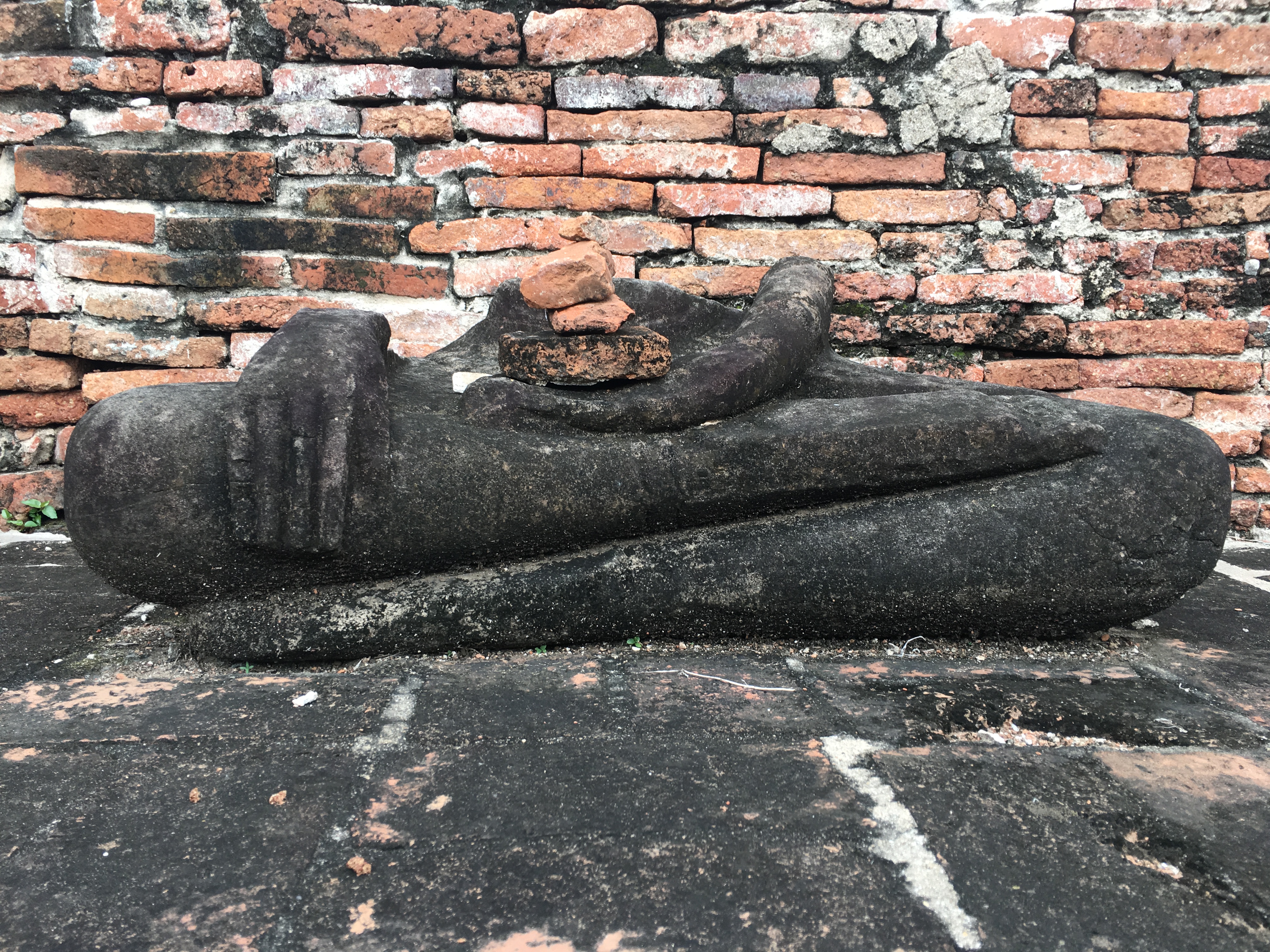There's no reason for using this photo. I just like it.
I've been trying to write something about Artsakh but just can't seem to get my head in the right place. In the meantime, I wanted to share some commentary from others on my last post about the ridiculous egg "scandal". I don't necessarily agree with every comment, so I'll offer some thoughts about each.
First up, we have my favorite comment, which clarified an idea that had been bouncing around in my head but I couldn't seem to articulate properly (plus, I didn't know all of the details). This was a comment (on my public Facebook post, so not anonymous) by political scientist and blogger Nathan Batto, whom you might know as Frozen Garlic.
What drives me nuts is that everyone seems to be saying that this is corruption because it didn't match regular market efficiencies. Thing is, there was a huge international market failure, so the markets weren't efficient to start with. [Emphasis mine].
International chicken feed was very expensive for several reasons including climate crises in several locales and the Ukrainian crisis. , so chicken farmers stopped producing so many eggs across the globe. There's a reason they had to source eggs from Brazil, which is not the normal place that Taiwan buys eggs. I might be wrong but I don't think Taiwan usually imports many eggs at all. I don't think Taiwan has a whole lot of companies with expertise in importing eggs who were clamoring for this particular contract. The government was trying to make sure that there were eggs on supermarket shelves at a reasonable price in short order in the midst of a fucked up international market. And you know what, they managed to do that. Was the process perfect? No. But All in all, this should be seen as a policy success, not a calamitous failure. [Again, emphasis mine].
It's the same sort of thing for the Medigen vaccine. At the time, governments across the world were not worried about getting best value for their investment . They wanted a vaccine immediately, and they didn't really care how much it cost. Remember, the United states program was called "warp speed," not "don't waste a penny." Taiwan wanted a vaccine, and it was willing to invest some money to get one. And they got one that worked pretty well . It wasn't as good as Moderna or Pfizer, but if you remember those were unbelievably effective vaccines by most common vaccine metrics. Lots of big pharmaceutical companies and countries tried to produce a vaccine and either failed or came up with something pretty lousy. Taiwan, which didn't have a huge pharmaceutical industry to start with and was using this in part as an opportunity to kick start an industry, produced a reasonably good product in a reasonably short time. This is a policy success!
If you're looking for institutionalized corruption, these are not examples you want.
Yes, exactly. As far as I know importing eggs at all is unusual; they're a delicate product, prone to breakage, and they do expire. I'm no agriculture expert, though, so that's just an educated guess. I have felt in the past that Taiwanese voters have high expectations, and international observers tend to adopt that stance as well. That is, when Taiwan performs well -- or outperforms just about everyone else -- if there is some small imperfection or fault in said performance, it's cause for heavy criticism. Medigen is a great example; Taiwan succeeded where most countries failed. They kept COVID at bay long enough to develop a vaccine, and then developed a pretty good vaccine! And yet, because KMT-led media scares and lack of international approval (thanks, you WHO fuckers) kept people from accepting the domestic vaccines, suddenly it was a bad idea? China was praised for rolling out mass vaccinations with a formula that does not work, but Taiwan developed an effective one, yet got hit with a fake news cyclone? Give me a goddamn break.
With the egg shortage, Taiwan actually did what a lot of wealthier countries failed to do; it got eggs on shelves at reasonable prices. Given that eggs are an affordable source of protein and a great deal of them are consumed in Taiwan daily, we can speculate that they're an important source of nutrition especially for low-income families. The "reasonable prices" thing is actually central to that issue.
This brings me to the next comment, which I don't agree with. There's a little more to this conversation, and you can read it here if you like.
The egg problem is easily solved. Simply remove the price cap. That’s one of the principal reasons these shortages happened to begin with.
First, this would have allowed egg prices to skyrocket, perhaps to double or more. If eggs matter to low-income families (and I believe they do), then all this does is get a few more eggs on shelves, but at a cost beyond the reach of the consumers who need them most. So unless the goal is to "let them eat steak", I don't really see how this solves the central problem.
There is one thing I do agree with: the shortage might have been somewhat alleviated -- just somewhat! -- by higher prices only insofar as it might have dissuaded the higher-income egg hoarders. Remember when supermarkets were putting limits on the number of cartons of eggs each individual could buy? Well, at least in my area, families would send different household members separately to buy their "share", resulting in egg gluts for some, and no eggs for others. Then, of course, social media was flooded with posts asking what to do with all the hoarded eggs that were about to expire.
I understand the impulse to stock up on eggs, but this is behavior is both selfish and stupid, in the long run. Fortunately, plenty of people recognized the very good reasons not to hoard eggs, so not everyone engaged in it.
But as with Medigen, where the objective was "fast, effective vaccines", not 'saving money", people misunderstood the goal. The goal wasn't just "eggs back on shelves", it was "eggs on shelves at prices low-income families could afford". If that matters -- and I believe it does in this case -- then removing price caps isn't a solution.
My libertarian friends would argue that price caps push purchasing power down in the long run. I won't comment on the general argument as I'm not an economist, but for this particular shortage, I disagree.
A friend of mine pointed this out in a Facebook message -- I'll keep them anonymous as it wasn't a public post:
I don't get it either, the government prevents any mislabeled or bad eggs from getting into the food supply, and that is somehow a sign of incompetence? Meanwhile, in the past our past administrations let us eat gutter oil and that's not a bad thing?
The gutter oil, as far as I know, was from private food companies, and this policy was from the government. However, I otherwise agree completely. It was the government's job to regulate food safety and ensure something like 'gutter oil' would never be used in food. They failed -- and that was the Ma administration, so it was a KMT failure.
And yet the KMT have the absolute bloody stones to yell at the DPP for averting any food safety catastrophes?
The lot of 'em can bite me.
Finally, although I'm working towards quitting Twitter (or only posting blog links), an interesting comment:
I don't think DPP are so faultless. There's been egg shortages for 2 years now. They've been in power for 8 years. Taiwan is a rich country. It should be able to supply itself with such a basic commodity as eggs.
I do worry that this is another case of criticizing Taiwan for not performing perfectly, when it's actually outperformed most of the world. Beyond that, in local media (not from this particular commenter) I feel again that the two-party double standard seems to be in hyperdrive.
The KMT fucks up so much. They couldn't conduct reasonable trade relations with China. They let Taiwan's defenses fall into disarray. They let people eat gutter oil. The last time they did anything major for Taiwan's infrastructure was...well, I can't remember when, but it might just have been the Ten Big Projects.
And yet, they attack DPP successes -- for being not enough of a success, or not a success in the exact way they insist it should have been (which they're usually wrong about). Or, they paint a DPP success as a failure, and the media runs with it, and suddenly people think DPP domestic policy is terrible and the KMT are better administrators. They are not -- at best, the two parties are about the same on domestic policy and local development, and the DPP has a clear edge in international relations and the general consensus about Taiwan's sovereignty.
When this is pointed out to light blues (people who might be willing to concede that the KMT isn't perfect, but will vote for them), one often gets a "yeah, well, the DPP sold themselves on being idealists but they're just as corrupt!" Nobody thinks the DPP is free of corruption, but this is a very weak argument. It doesn't prove that the KMT runs Taiwan better. "The other guy sucks too" arguments don't stand up well, especially when the other guy actually sucks a lot less, but you want to make their successes look like failures to win elections.




